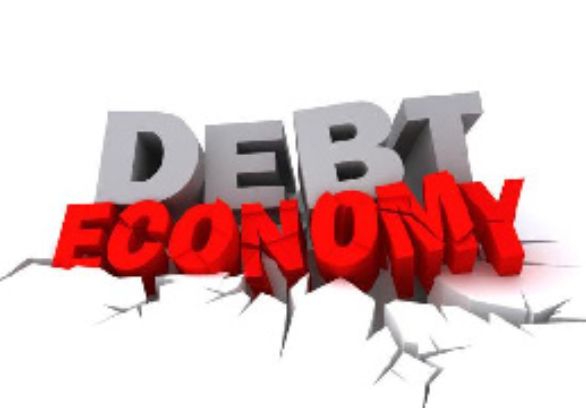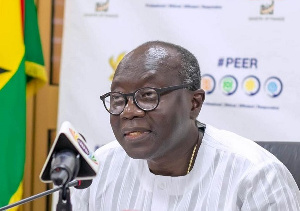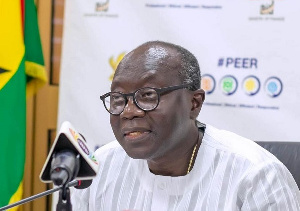IMF forecasts Ghana’s debt-to-GDP ratio of 84.6% in 2022

According to its April 2022 Fiscal Monitor report, the country’s total debt was estimated at 81.8 percent of GDP in 2021, higher than the 80.1 percent, approximately GH¢351.8 billion quoted by the Bank of Ghana.
The fund also said the country’s debt-to-GDP ratio will increase from 84.6 percent in 2022 to 88.4 percent in 2026, before falling to 87.4 percent in 2027.
But prior to that it will record relatively same debt-to-GDP ratio of 84 percent in 2022 and 2023, and later surge to 85 percent and 86 percent in 2024 and 2025 respectively.
The rising debt may constrain government financing and as a result affect capital expenditure, unless government moves fast to shore up revenue, of which the IMF describes the future as promising.
The government will also have to intensify its expenditure rationalisation programme to ensure there is value for money projects, whilst leakages within the system are blocked.
The fund is projecting Ghana’s tax revenue to GDP ratio to increase in 2022 to 16.5 per cent, from 14.7 percent in 2021. This will be a vast improvement compared to the rates registered during the last 10 years.
In 2023 and 2024, the country’s tax-to-GDP ratio will, however, fall to 16 percent and 16.2 percent respectively.
Ghana’s public debt stock rose to ¢351.8 billion in December 2021, from ¢344.5 billion in November 2021, about 80.1 percent of Gross Domestic Product (GDP).
According to figures from the Bank of Ghana, about GH¢730 million fresh loans were added to the total public debt stock in December 2021.
From the figures, the domestic debt went up to ¢181.8 billion in December 2021, from ¢179.4 billion in November 2021. This is equivalent to 41.4 of GDP.
Also, the external component of the total public debt shot up to $28.3 billion (¢170.0 billion), from $27.9 billion in November 2021. It however remained unchanged between October 2021 and November 2021.
The debt-to-GDP ratio of the external debt is however equivalent to 38.7 percent of GDP.





